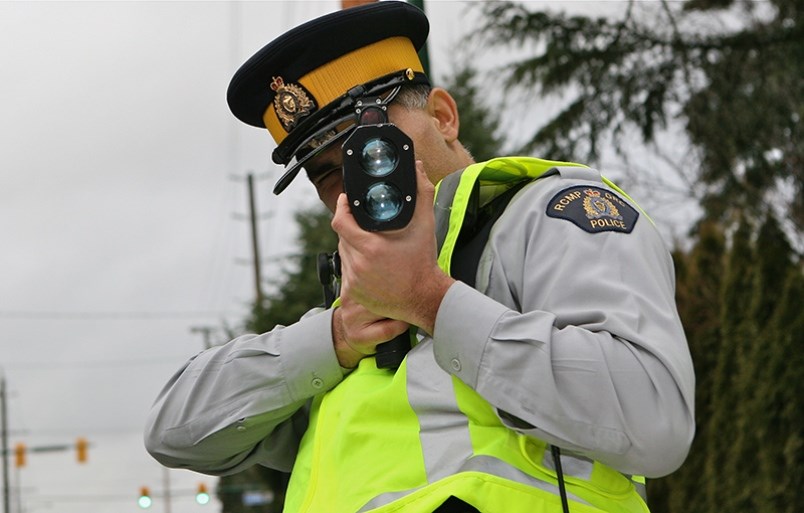Could Surrey's transition from RCMP to a city police force cost Coquitlam and Port Coquitlam taxpayers money?
That's the concern of one Coquitlam city councillor, who wants assurances from the province that Surrey cover any related expenses.
Coun. Craig Hodge, who co-chairs the Union of BC Municipalities' Local Government Contract Management Committee (LGCMC), told The Tri-City News that Victoria needs to take shared costs into account as it creates a framework for Surrey's transition away from the Mounties.
"Our concern isn't that Surrey is leaving," Hodge said, noting communities should have the right to determine the best policing model for their citizens. "It is if Surrey is leaving… what is the impact on neighbouring communities?"
For example, RCMP officers recently voted to unionize and is currently in contract talks with the federal government after their pay agreement expired in 2016. Officers have not had a raise in three years and Hodge said it is possible retroactive payments could be part of a new agreement.
"If Surrey is no longer a member of the RCMP, we want to make sure they are still accountable for any costs that have occurred over the last three years while they were members," he told The Tri-City News.
The same goes for future costs associated with retirement benefits, unused vacation time, overtime and other deferred entitlements, he added.
Emergency management is another issue that could end up hitting municipal budgets if there is a smaller pool of Mounties from which to draw, Hodge said. Currently, communities with RCMP detachment send officers to assist when there are major emergencies or standoffs that require the supplementation of provincial forces. Cities are reimbursed for the work at straight time but may not be covered if they need to bring in additional officers at overtime rates to police their municipality while they are short officers, he said.
There are also economies of scale that could be affected if there is a reduction in the number of communities using the RCMP, according to Darryl Lal, Coquitlam's manager of police services.
Today, there are 7,400 Mounties in B.C., with roles split between federal, provincial and municipal policing. Currently, 3,750 officers are assigned to cities for municipal policing duties, of which 22% are with the city of Surrey.
"Should Surrey switch to a municipal force, there is a chance that our proportion of the RCMP costs shared across the division and nationally would increase," Lal said in an email.
But it is not just financial concerns that are at issue, according to a letter from the LGCMC to Public Safety and Solicitor General Mike Farnworth provided to The Tri-City News.
In the document, the committee states everything from ongoing court cases to organization of integrated policing teams must be considered before the province permits Surrey to leave the RCMP agreement. Having another large municipal force could also put a strain on the Justice Institute of BC, which is largely responsible for training municipal police force officers.
Farnworth did not return a request for comment from The Tri-City News. But his ministry issued a statement saying a committee led by former judge and MLA Wally Oppal has been organized to research and analyze all of the potential impacts Surrey's transition will have on communities that remain with the RCMP.
"Transitioning a police department of this size is a complex undertaking and more work is required to ensure that public safety is maintained and the fundamental components of a new policing model and transition plan are fully considered," the ministry said in the statement.



